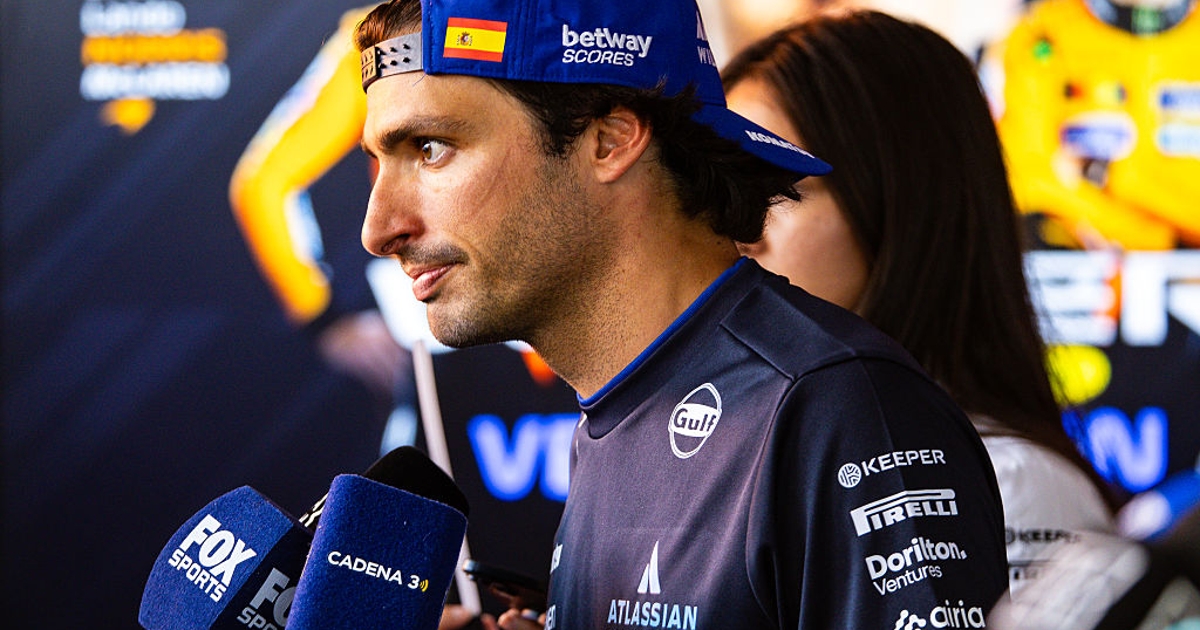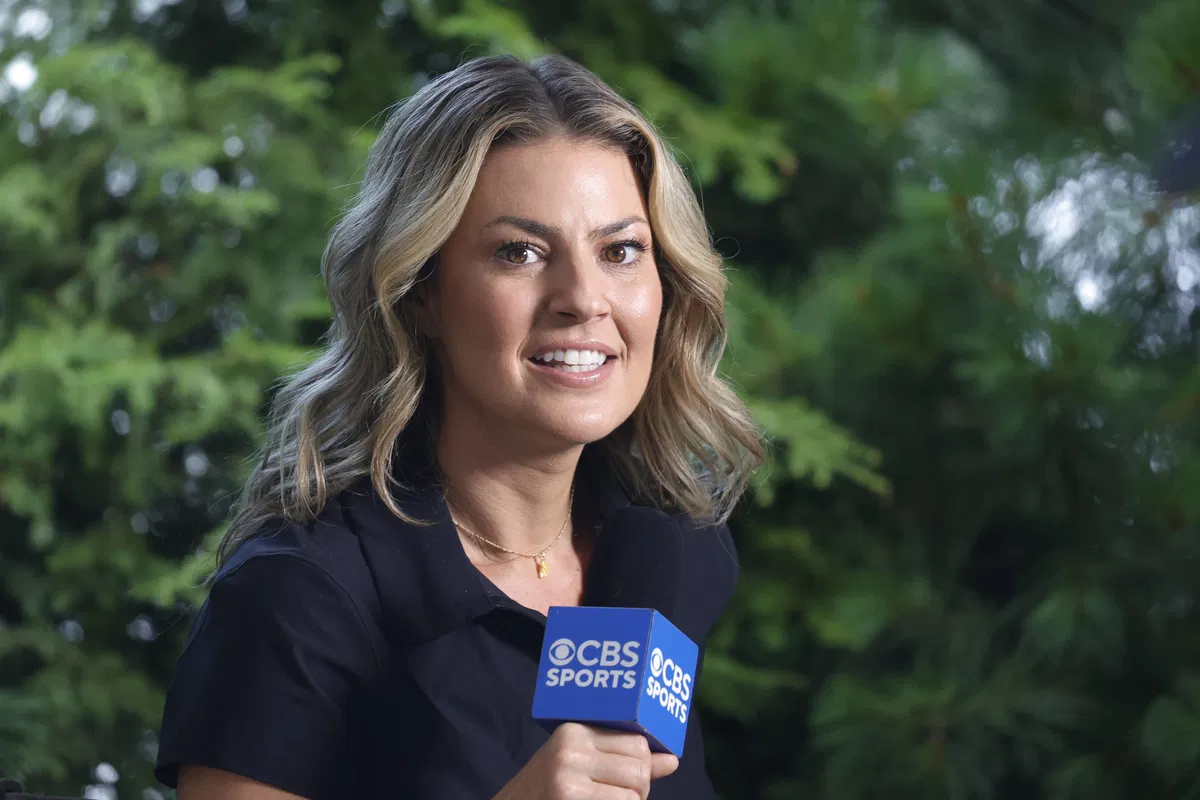
Carlos Sainz says Formula 1 would be better served having permanent stewards so that drivers have increased knowledge of how incidents are likely to be handled.
Williams successfully petitioned for a right to review the penalty given to Sainz in the Dutch Grand Prix, when he was handed a 10-second time penalty and two penalty points for causing a collision with Liam Lawson. After that penalty was rescinded on review, Sainz says he’s still unsure why stewards sometimes make a decision during the race, yet on other occasions want to speak to the drivers involved.
“No, I don’t know how they approach each situation, whether they’re going to leave it for later or decide in the moment,” Sainz said. “I think it’s fair to say there’s relative pressure from media, drivers and everyone to want to know that when the race finishes, you want to know the actual result rather than having to wait two hours to actually decide. I think we are all unconsciously – or consciously, maybe – putting a bit of pressure on the stewards to take decisions during the race rather than after, which is maybe something to consider.
“I think what would help is that if I knew the referees were always the same in every race. I would know by pattern and by years of working with the same referees if they were going to judge that incident in that moment or not. But when you work every race with different referees, it’s very difficult to know and understand if it’s coming or not.”
Although Sainz is of the view that permanent stewards would improve matters, he says he understands the opposition to such a move from other drivers.
“I think not everyone agrees the same way that they can use the argument of football. In football we have different referees and no one complains, or other sports have always the same referee and the sporting fairness [concern is] that there could be a guy that if he gets penalized two or three times he will start [saying], ‘It’s that steward that hates me.’ So I understand where they come from and those that defend not [having] permanent stewards, I understand their point.
“I just have a very clear opinion on that. We have it with the race director [Rui Marques] – I’m really enjoying this new race director, the approach he has and we’re starting to understand the kind of decisions that he’s going to take. The relationship is growing thanks to working now for a year with him and I see him being in the sport for quite a long time.
“We’re not changing race director every race, we have a fixed race director and I see the benefits that that gives to the sport and the development with the drivers and the development of the relationship.”
Despite feeling the current structure can be improved, Sainz says he was encouraged by the way the review process played out, and is not dwelling on the in-race penalty he served in the Netherlands.
“After Zandvoort you saw me obviously quite upset about the whole situation, because I was very convinced that we had a point and we had an opportunity,” he said. “Especially when I went after the race to speak to the stewards, they were actually quite open to the discussion and to let me give my POV.
“I could tell that they also had a good conversation and realization that maybe the judgment was not fully correct and the fact that the FIA gave us the opportunity and there were enough mechanisms to open the discussion again, I think it’s a positive step. The fact that they even took the opportunity to revert or cancel the penalty points and the penalty itself is a good sign.
“I’m not saying every case and every scenario should be the same but I think cases that are pretty obvious like that one, I think it’s good to see that there’s mechanisms and ways to revert.”



